The Parthenon the Cat and the Asphodelus
Price range: £40.00 through £310.00
Description
The Parthenon the Cat and the Asphodelus
Print description
The Parthenon, completed in 438 BCE, crowns the Acropolis as a symbol of ancient Athens and its devotion to Athena. Built in the Doric style, it housed a massive gold and ivory statue of the goddess and served as a temple and treasury. Its sculptural decorations celebrated Athenian power, myth, and pride. Despite damage from wars and looting, it still commands the skyline with grace.
Nearby, Ionic capitals with elegant spiral volutes show classical refinement, often adorning temples to goddesses. This fragment near the Parthenon has softened curves, softened by time.
In spring, Asphodelus fistulosus blooms across Greece with star-shaped flowers. Though not edible, it holds ancient mythic meaning linked to the afterlife and remembrance.
Print details
To create this print, I start by crafting individual drawings in ink, which collectively form a collage comprising the final piece. I scan my drawings and digitally add colour. The original design solely exists in digital format, and I print it using archival inks and paper. I then release my design as a limited edition print, available in standard ‘A’ sizes, ranging from A0 (84.1 cm x 118.9 cm) to A4 (21 x 29.7 cm).
The Parthenon
The Parthenon, completed in 438 BCE, stands atop the Acropolis as the most iconic symbol of ancient Athens and its devotion to the goddess Athena. Built in the Doric style, it once housed a massive gold and ivory statue of Athena and served as both a temple and a treasury. Its sculptural decoration, especially the frieze and metopes, celebrated Athenian power, myth, and civic pride. Though damaged by wars, explosions, and looting, the Parthenon still dominates the skyline with remarkable grace.
Ionic Capital
The Ionic capital is known for its elegant volutes—spiral scrolls that curl on either side.
It originated in Ionia, in the eastern Greek world, and became a hallmark of classical refinement.
More slender and decorative than the Doric, it often adorned temples dedicated to goddesses.
The design reflects balance and grace, with carved details like egg-and-dart motifs.
This one, found near the Parthenon, lies in ruins as a fragment, its curves softened by time

Salad Rocket, Sow Thistle and Onion Weed
Onion weed, Asphodelus fistulosus
You’ll often spot Asphodelus fistulosus blooming across Greece in early spring—growing in dry fields, roadsides, and olive groves. With its delicate star-shaped flowers and hollow stems, it’s a quiet but striking presence in the landscape.
Though not edible, this wildflower has ancient roots. Asphodels were deeply symbolic in Greek mythology, linked to the afterlife and remembrance. The Asphodel Meadows were said to be where ordinary souls rested after death.
Today, Asphodelus fistulosus reminds us of nature’s quiet poetry—blooming briefly, beautifully, and with a whisper of myth in every petal.
Salad Rocket, Eruca Vesicaria
Rocket—also known as arugula, eruca, or rucola—is a leafy green with a bold, peppery taste. It’s part of the Brassicaceae family, like mustard and cabbage, and is popular in salads around the world.
Native to the Mediterranean, rocket has been eaten since Roman times. The ancient Romans even believed it had aphrodisiac powers! A line in an old poem once linked it to rekindling desire: “the rocket, which revives drowsy Venus.”
Today, whether you call it arugula (in the U.S.) or rocket (in the UK, Australia, and beyond), this zesty green is a flavorful favorite in kitchens everywhere.
Sow Thistle, Sonchus Oleraceus
In Greek, “Sow Thistle” translates to “ζόχος” (zóhos). The genus name for Sow Thistle, Sonchus, is also of Greek origin, meaning “hollow”, referring to the plant’s hollow stems according to Wikipedia. Specifically, Sonchus oleraceus, the common sow thistle, is known as “ζοχός ο λαχανώδης” (zóhos o lachanṓdis) in Greek.
In Greece, wild onions—known as volvoi (βολβοί)—are a traditional delicacy, especially in rural areas and islands like Crete and Lesvos. These small, bulb-like plants grow wild on hillsides and are foraged in late autumn through spring.
Locals boil them, peel them, and marinate them in olive oil and vinegar, often serving them as a meze alongside ouzo or tsipouro. Their mild bitterness and earthy flavor make them a prized seasonal treat.
For many, volvoi aren’t just food—they’re a connection to the land and old traditions, passed down through generations. Simple, foraged, and full of character, wild onions are a taste of Greek countryside life.




You might also like
-
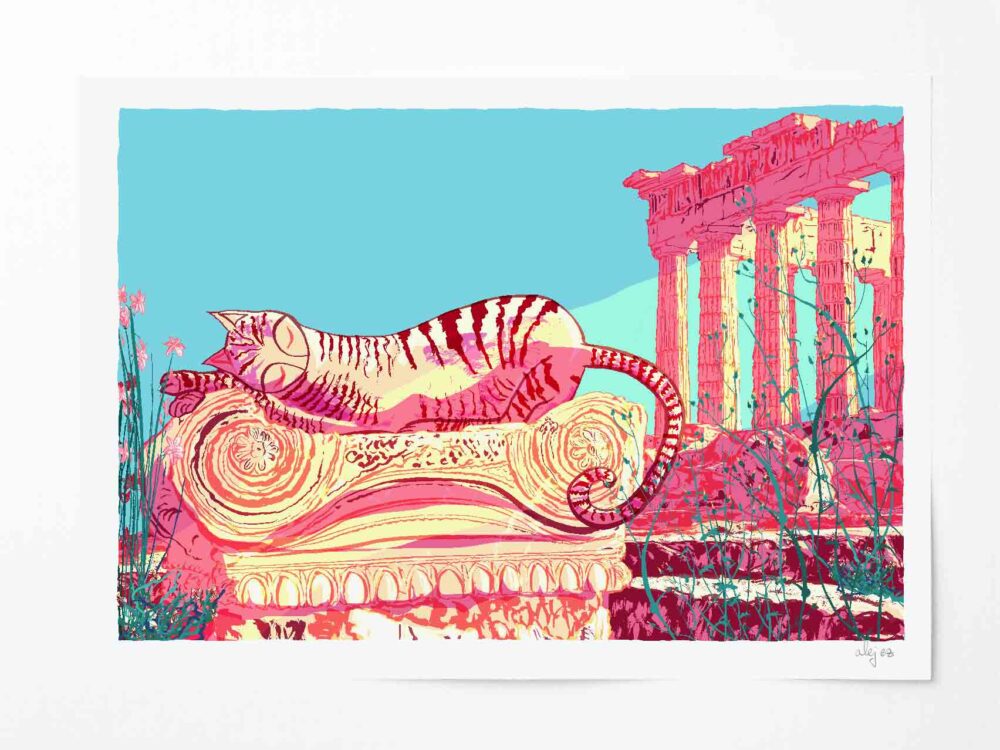
The Parthenon the Cat and the Asphodelus
Price range: £40.00 through £310.00 Select options This product has multiple variants. The options may be chosen on the product page -
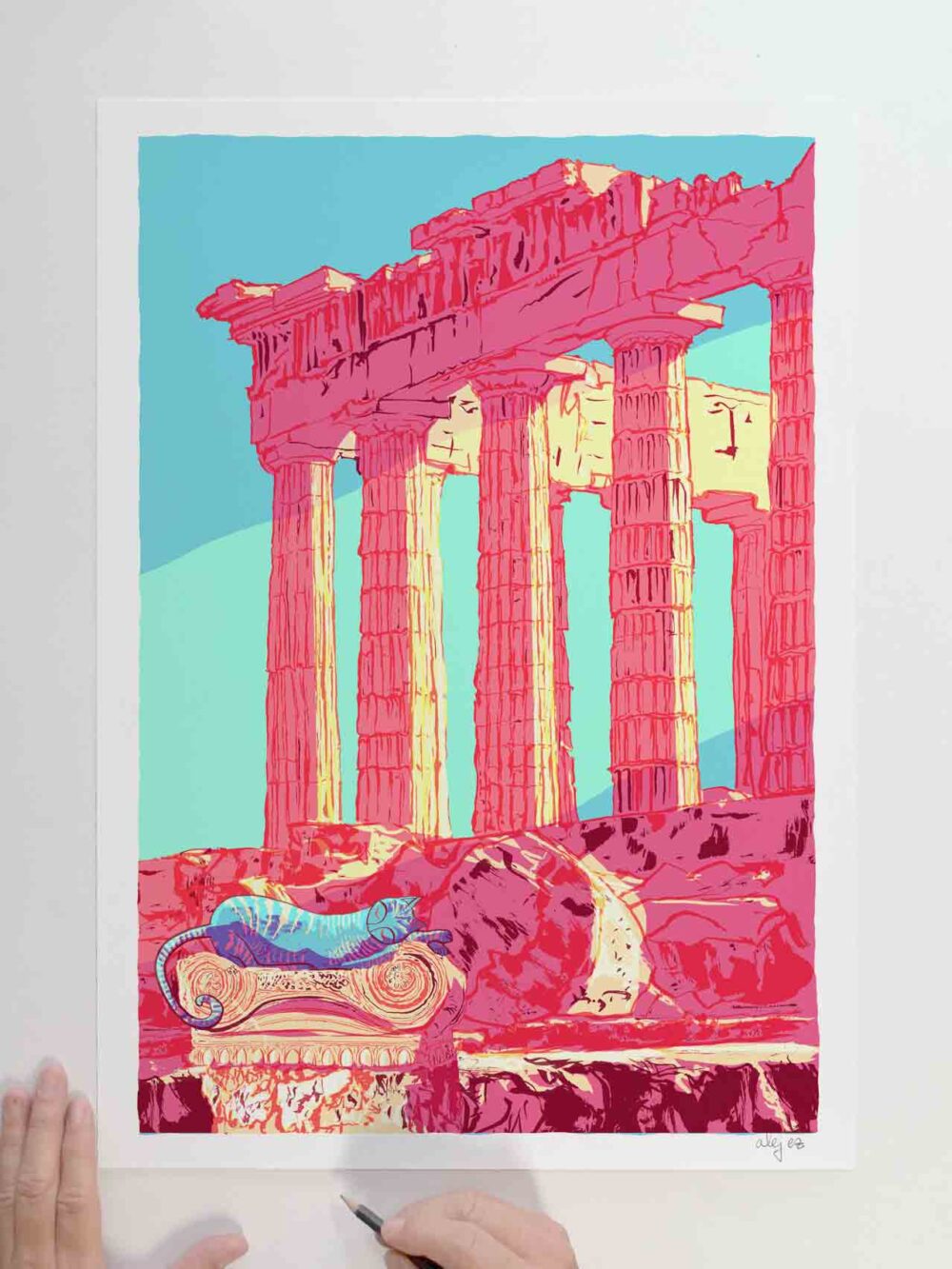
The Parthenon Ionic Capital and the Blue Cat in Athens
Price range: £40.00 through £310.00 Select options This product has multiple variants. The options may be chosen on the product page -
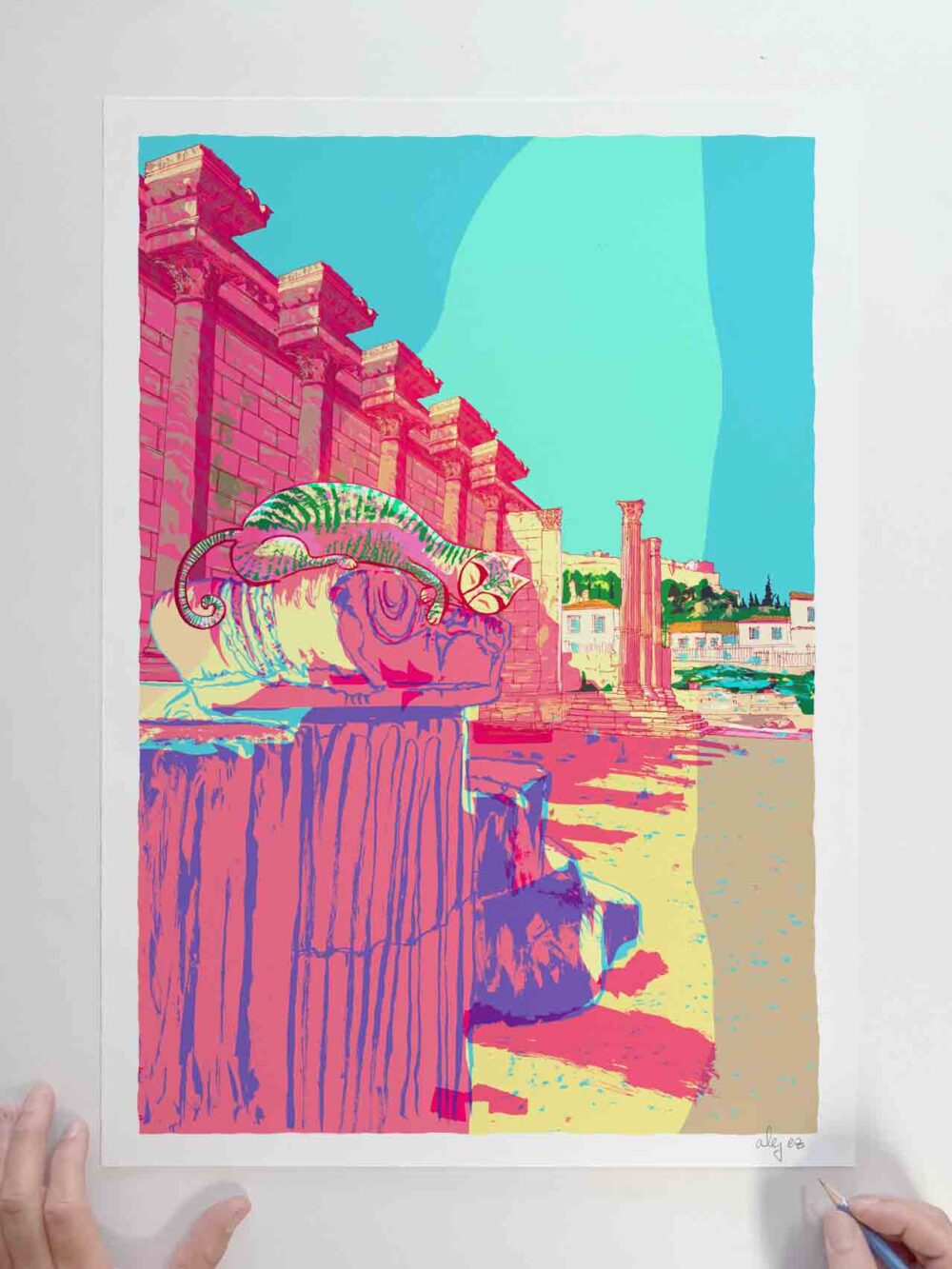
Hadrian’s Library Colonnade and the Cat in Athens
Price range: £40.00 through £310.00 Select options This product has multiple variants. The options may be chosen on the product page -
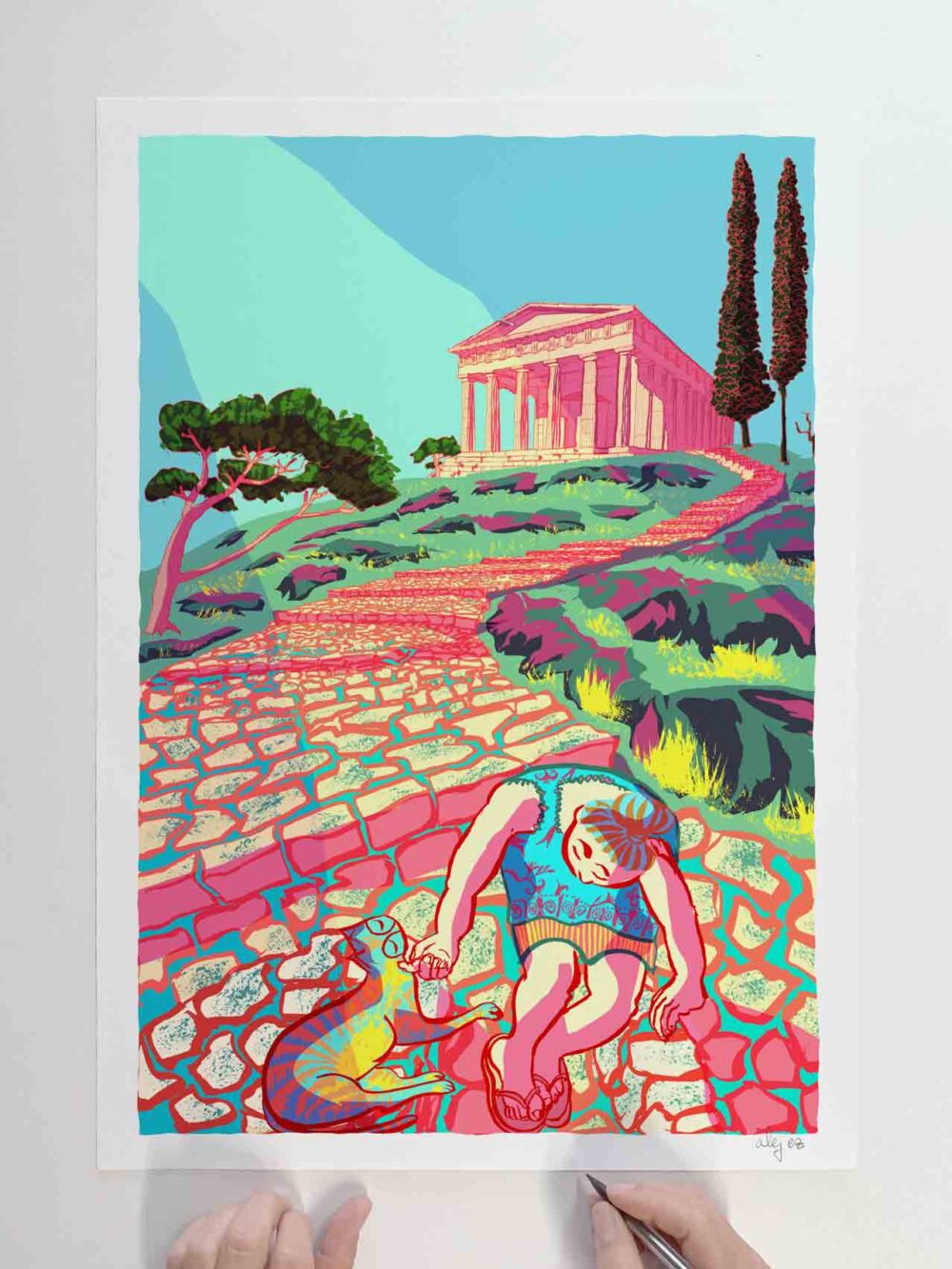
Hephaestus Steps The Cat and the Girl in Athens
Price range: £40.00 through £310.00 Select options This product has multiple variants. The options may be chosen on the product page -
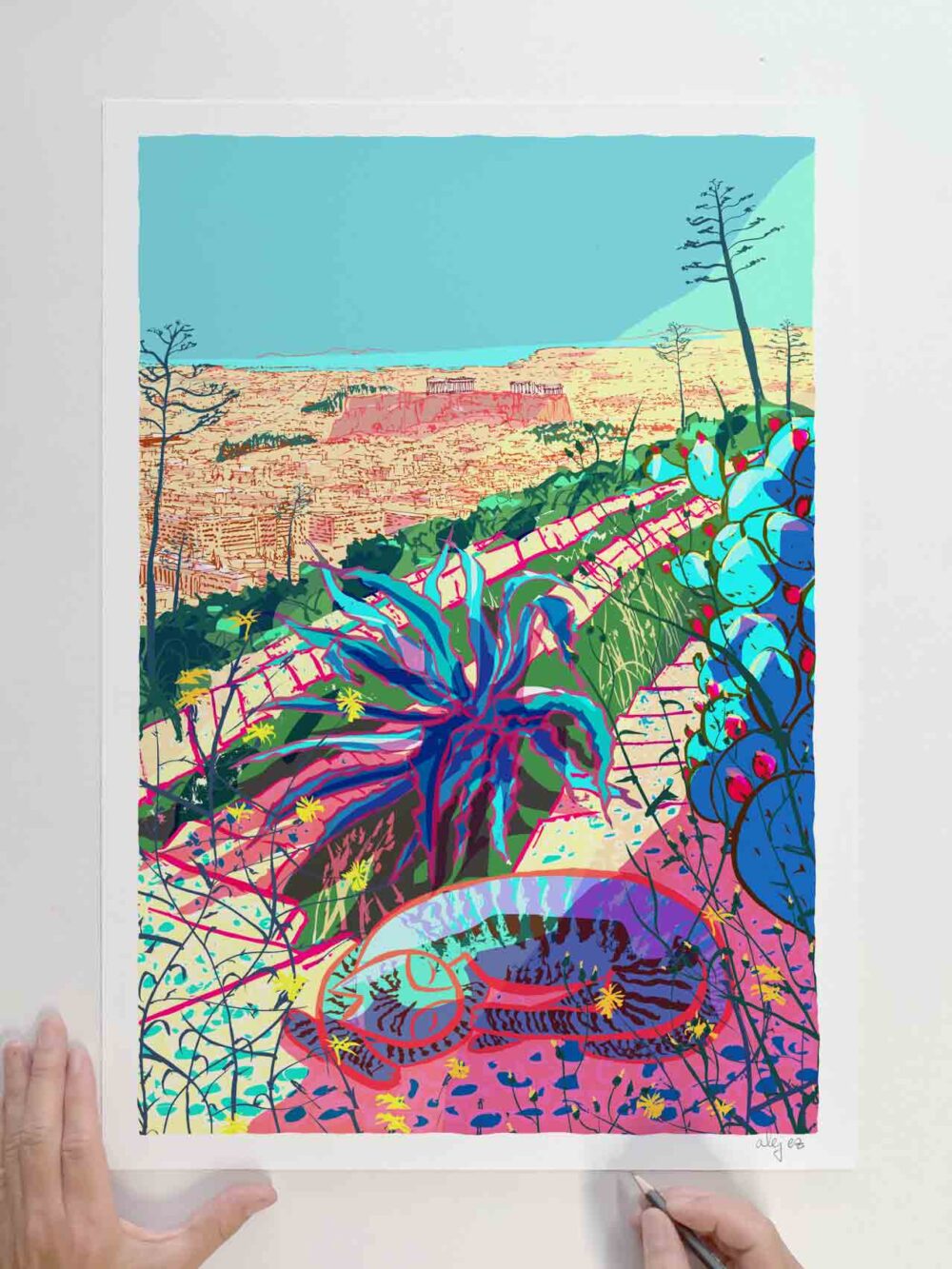
Lycabettus Hill and the Cat in Athens
Price range: £40.00 through £310.00 Select options This product has multiple variants. The options may be chosen on the product page -
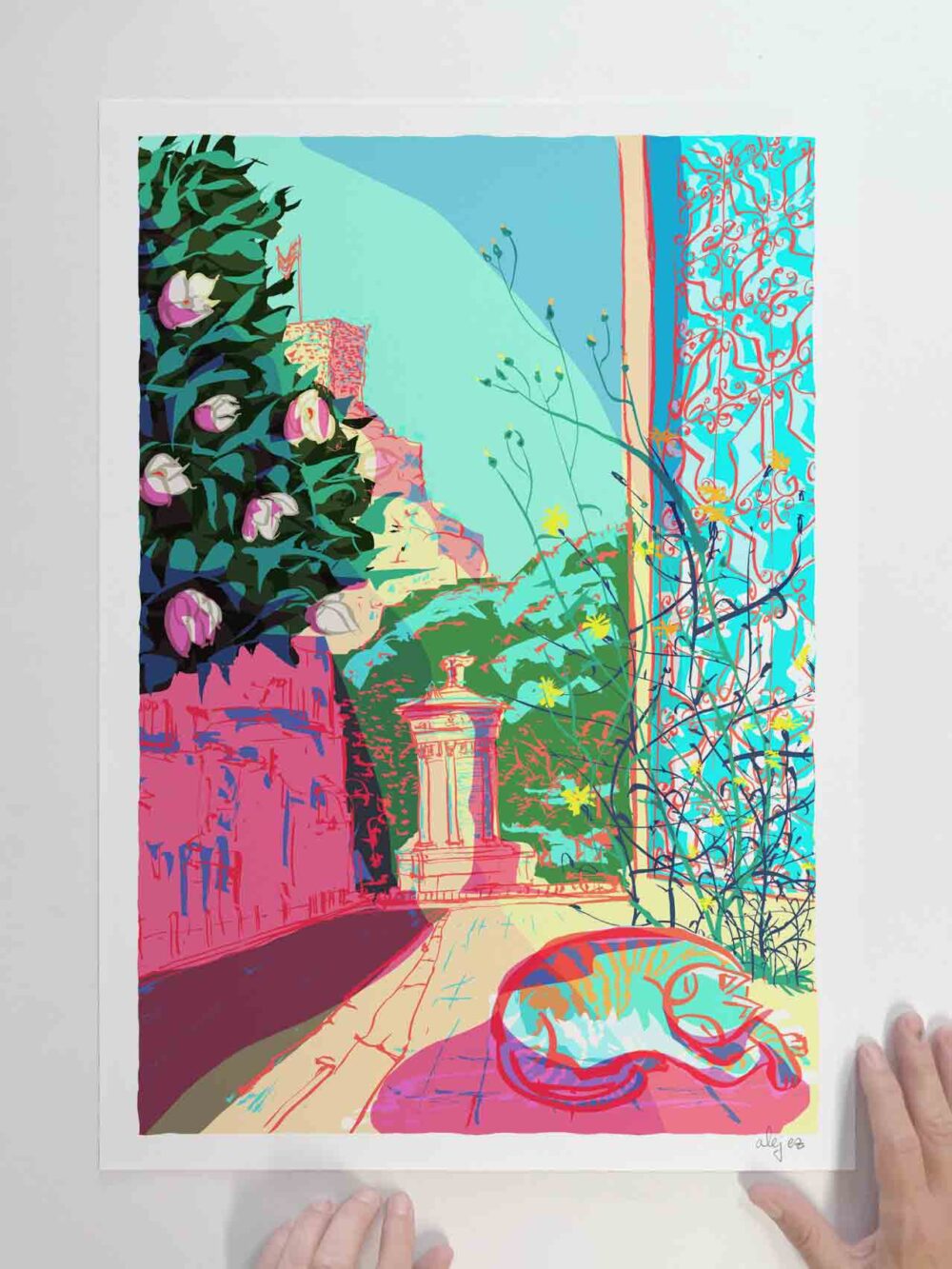
Lysicrates and Cat. Athens
Price range: £40.00 through £310.00 Select options This product has multiple variants. The options may be chosen on the product page
Additional information
| Dimensions | N/A |
|---|---|
| Print sizes: standard landscape | Art print A0 size landscape, Art print A1 size landscape, Art print A2 size landscape, Art print A3 size landscape, Art print A4 size landscape |
You may also like…
-
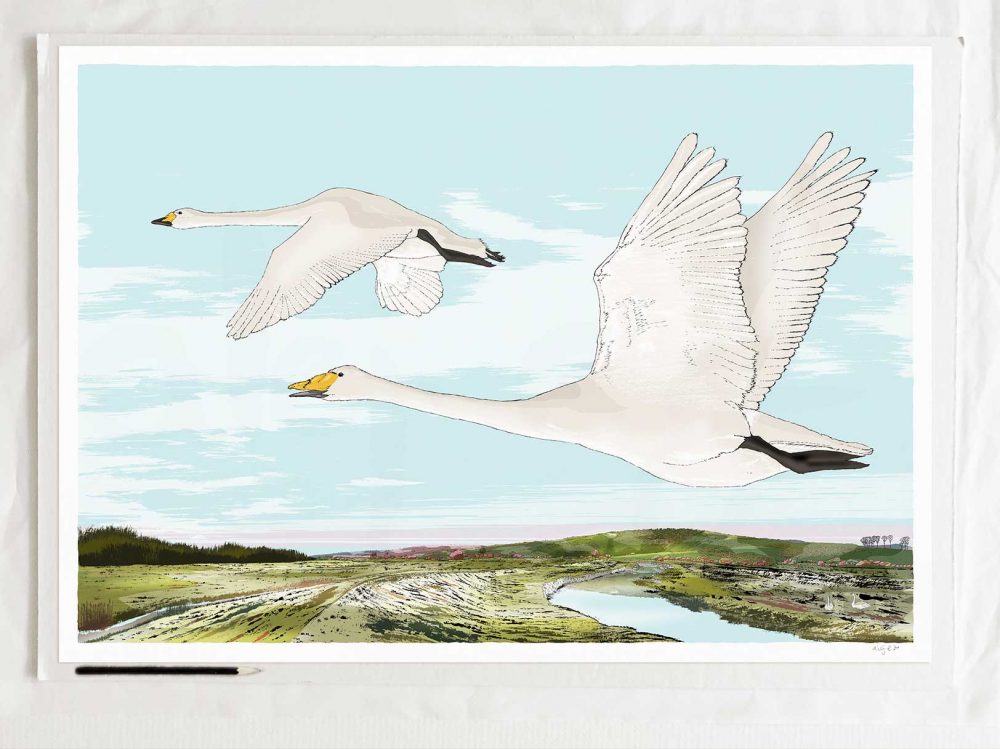
Swan Art. The flight over Litlington White Horse in the South Downs
Price range: £40.00 through £310.00 Select options This product has multiple variants. The options may be chosen on the product page -
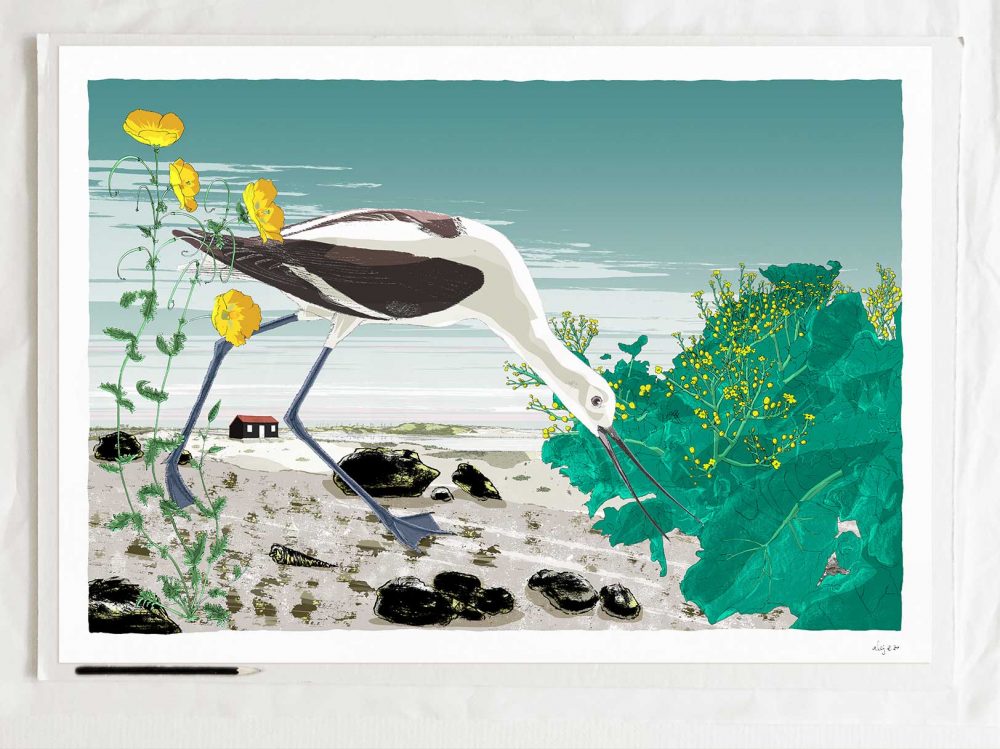
The Avocet by the Red Roofed Hut among Sea Poppies and Sea Kale
Price range: £40.00 through £310.00 Select options This product has multiple variants. The options may be chosen on the product page

